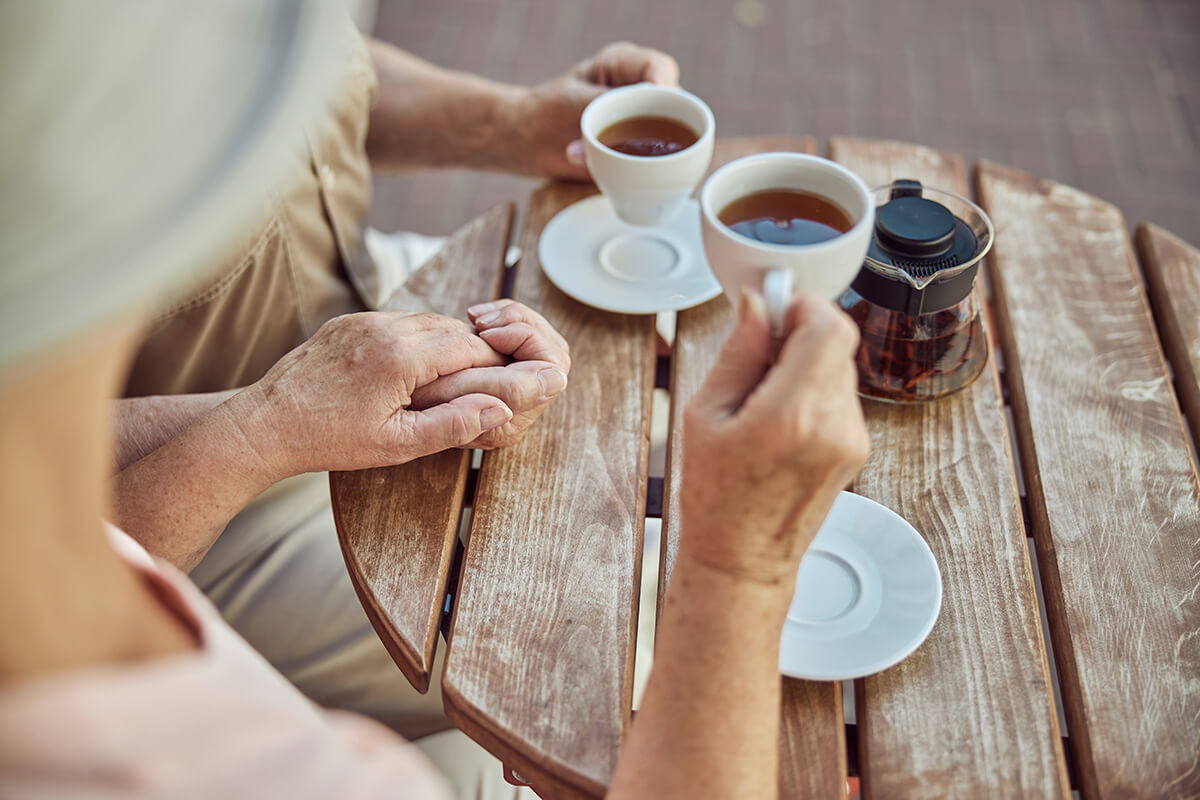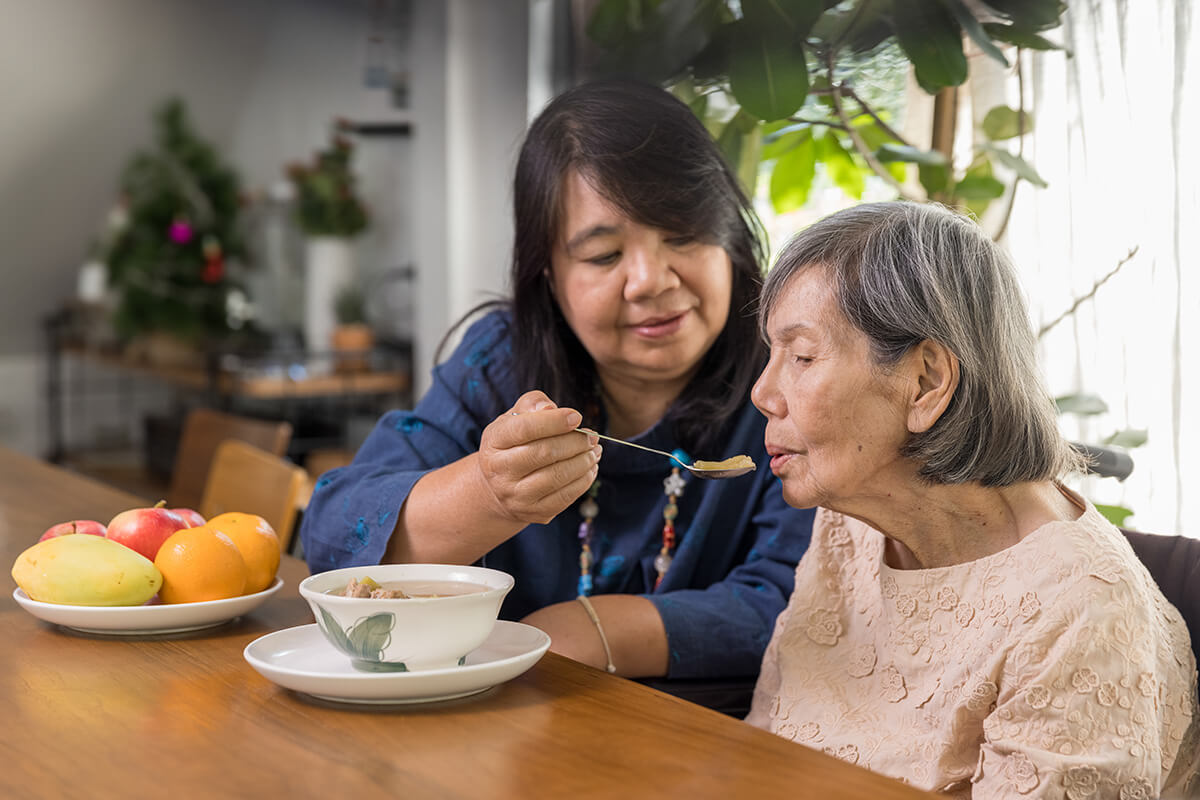Teapots and Company
By Di Patterson, October 11, 2021

Mission: To bring along the comfort of a pot of tea, shared with another: to break the isolation that eldercaregiving can become, and give a chance for respite to refresh and revive that special eldercaregiver (possibly overworked or somewhat overwhelmed) with delightful tea and your company!
Vision: If you have a teapot and transportation (feet, car, plane, train, or bus), you can bring hope and a little bit of heaven to a neighbor, loved one, or friend (old or new). Allow eldercaregivers to pour out their hearts while you “pour out”, as the English say, a comforting cup of tea!
The possibilities are up to you:
- Ginger Tea and Rosemary Sugar
- Orange Tea and Lemon Honey
- Darjeeling Tea and Baker’s Sugar
- Constant Comment Tea with Hot Milk (Cow, Coconut, Almond, Oat!)
- Earl Grey with Half and Half
- Green Tea in many flavors with Lavender Honey
Tea is a substance that is high in plant phenols and natural antioxidants. Phytonutrients, which are disease fighting, plant-based chemicals, are found in teas. They aid in health and promote self-healing, especially when served with compassion by a caring human…YOU!
The tea experience has been lifted to lofty heights in European and Asian societies. Americans consume almost as much tea as coffee. Both drinks offer a caffeine lift, which has been proven to have health benefits along with a feeling of energy. Many times, a cup of tea brings along with it a positive readjustment of the day. Consuming tea has great emotional value as well when enjoyed during a break-time from work or shared with others in a social situation. What a kindness to extend to an eldercaregiver!
“A happy heart makes the face cheerful, but heartache crushes the spirit.”
Proverbs 15:13
Let’s do get away from crushed spirits and into happy hearts!
From Health Science Institute, 2006:
“If you don't have tea time in your house, you might want to add it to your schedule. A study done in Sweden found that drinking black or green tea each day significantly reduced women's epithelial ovarian cancer risk. Researchers looked at information from more than 61,000 women who participated in the Swedish Mammography Cohort study. The women were between the ages of 40 and 76 when they enrolled in the study and were followed until 2004. When compared to women who rarely drank tea, higher tea consumption appeared to reduce ovarian cancer risk. The more a person drank, the lower the risk became. Women who drank one cup a day lowered their risk by 24 percent. Those drinking two or more cups a day cut their risk in half. And the researchers said that each additional cup of tea per day was associated with an 18 percent lower risk of developing epithelial ovarian cancer.”
©Di Patterson, CPG: “No one WANTS to age, but EVERYONE wants to AGE WELL!”

Best Practices for Eldercaregivers
Here are my best tips, professionally and personally, I can offer to other eldercaregivers.

The Card Campaign
Love. Kindness. Caring. Things we think about when we are hoping for good things for family members or friends…enter The Card Campaign!
